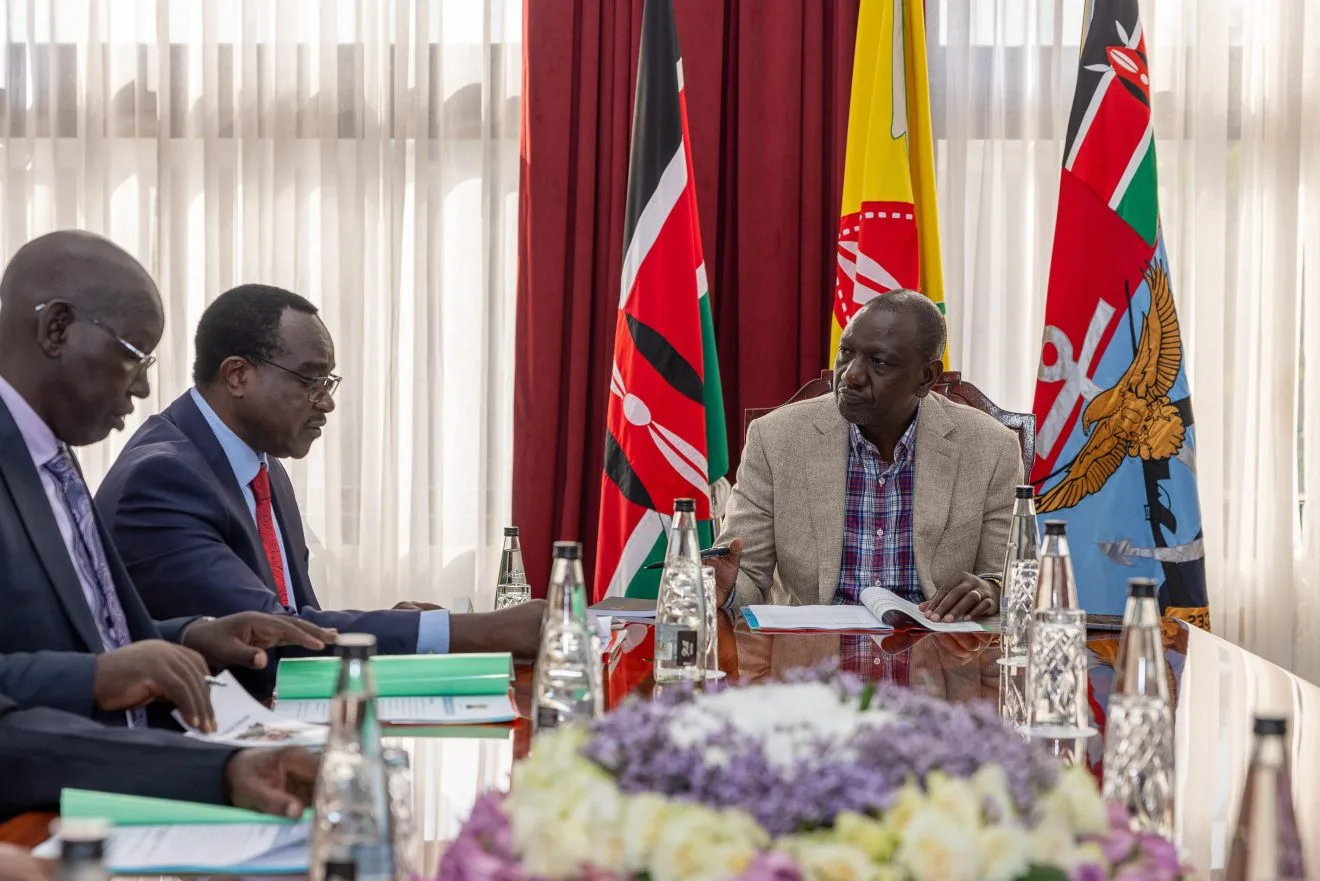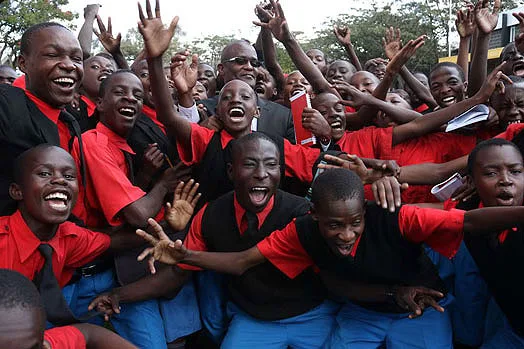Higher Education Faces Funding Crisis Amid Historic 22.5% Increase in 2024 KCSE University Qualifiers
The 2024 Kenya Certificate of Secondary Education (KCSE) results have marked a historic milestone, with 246,391 candidates attaining the minimum university entry grade of C+ and above. This represents a significant increase of 45,258 students compared to the 201,133 qualifiers in 2023, highlighting a 22.5% growth.
Additionally, 49.41% of candidates scored C- and above, qualifying for diploma programs in Technical and Vocational Education and Training (TVET) institutions. The total number of candidates sitting the examination also rose by 7.19%, from 903,260 in 2023 to 962,512 in 2024.
| Year | Candidates | C+ and Above | Percentage Increase |
|---|---|---|---|
| 2023 | 903,260 | 201,133 | – |
| 2024 | 962,512 | 246,391 | 22.5% |
Funding Challenges for Higher Education
The surge in university-eligible students has placed immense financial pressure on the government, which is grappling with sustainable funding models for higher education. Previously, a controversial funding model required students to apply separately for scholarships, tuition loans, and upkeep loans.
However, this approach, introduced after the government’s failure to meet its commitment to fund 80% of academic programs, was nullified by a court ruling.
By the time it was replaced, government funding had dropped to 48%, leaving public universities in financial distress. Institutions are struggling to pay salaries for academic and non-academic staff and owe creditors and statutory bodies over KSh 70 billion.
Uncertainty Over Government Sponsorship
Education Cabinet Secretary Julius Ogamba refrained from announcing whether the government would sponsor all C+ and above qualifiers for university admission.
Historically, since the 2016 reforms, the government has funded all eligible candidates. Mr. Ogamba’s silence highlights the challenge of financing higher education amid rising numbers.
In past years, when the number of qualifiers exceeded the government’s budget, a cutoff point would be set. Students excluded from funding often pursued self-sponsored programs or alternative training pathways.
The government now faces the urgent task of developing a new funding model, particularly if its appeal against the High Court’s decision does not succeed.
Improved Performance and New Grading System
The improved performance in 2024 has been attributed to a new grading system aligned with global assessment practices.
Mr. Ogamba reported that of the 962,512 candidates who sat for the KCSE exam, 1,693 attained an A grade, a notable increase from 1,216 in 2023. Furthermore, 62.76% of candidates achieved a pass grade (D+ and above), qualifying for diploma training, compared to 58.27% in 2023.
To address these challenges, the government allocated an additional KSh 3.98 billion for scholarships in February 2024 under the Higher Education Funding model. This followed an earlier release of KSh 3.9 billion in October 2023 for first-year tuition fees.
| Funding Component | Amount (KSh) |
|---|---|
| Scholarships (Feb 2024) | 3.98 billion |
| Tuition Fees (Oct 2023) | 3.9 billion |
| Education Loans Board | 5.1 billion |
| Universities Fund | 2.8 billion |
Despite these efforts, there remains a pressing need for infrastructure investment, faculty salaries, and essential resources to maintain quality education standards.
Strikes and Cost-Saving Measures
In 2023, lecturers went on strike over delayed implementation of a collective bargaining agreement. The government’s inability to pay the full amount at once led to a phased payment plan. Public universities have since adopted cost-saving strategies amid ongoing financial constraints, but challenges persist.
First- and second-year students also face uncertainty as delays in funding have disrupted the academic calendar.
Treasury Cabinet Secretary John Mbadi assured that resources were being mobilized to address these delays. He explained that funds would be prioritized for loan repayments, school capitation, salaries, and allocations to county governments.
Read Also: Merishaw School Tops in 2024 KCSE: Two Years Meteoric Rise
The rising number of students qualifying for TVET programs has further strained government resources. The number of candidates eligible for diploma training rose to 605,774 in 2024, up from 526,222 in 2023. Mr. Ogamba emphasized the need for increased investment to accommodate this growth, alongside funding for basic education.
Government’s Commitment Amid Financial Strain
Mr. Mbadi reiterated the government’s commitment to addressing financial challenges, stating that funds would be disbursed to schools by January 31, 2024. However, he acknowledged that many public schools remain burdened by debt.
“Our priority this year is to pay back loans, release capitation to schools, pay salaries, and disburse the December allocation to county governments,” Mr. Mbadi remarked.
The government’s ability to meet its commitments while addressing the rising demand for education funding will determine the success of its efforts to sustain both higher and basic education systems.
Higher Education Faces Funding Crisis Amid Historic 22.5% Increase in 2024 KCSE University Qualifiers
Follow Teachers Updates on Facebook, LinkedIn, X (Twitter), WhatsApp, Telegram, and Instagram. Get in touch with our editors at [email protected].



Discussion about this post